Teaching should begin with what the local forces are. You can learn a great deal of ecology and geology from your area. But to give another dimension to that, you have to consult the Indian mythology and ritual and magic of the area and try to understand why it was they saw certain figures as potent. Why do the Winnebago see the hare as potent? Also, economic use of the land by Indians is very illuminating. If you want to know what it is you would do if you were taken back rock bottom, and what you would have to do to survive in your region, then you would have to consult the first people. What did they eat? What did they make fibers of? What did they make soap out of? What did they use for medicine? What were their basic materials – economic botany in other words. They painted their bodies red? Where did they get their pigments? All of these things are right under your foot.
And even though you might never have to use them in any economic sense, it is a great extension of one’s awareness of place. You should really know what the complete natural world of your region is and know what all its interactions are and how you are interacting with it yourself. This is just part of the work of becoming who you are, where you are.
Life is not just a diurnal property of large interesting vertebrates; it is also nocturnal, anaerobic, cannibalistic, microscopic, digestive, fermentative: cooking away in the warm dark. Life is well-maintained at four-mile ocean depth, is waiting and sustained on a frozen rock wall, is clinging and nourished in hundred-degree temperatures.
Throughout human history and prehistory, the trail was only to get you somewhere. What was important was what was off the trail. Food, roots, berries, dye plants, glue plants, poisonous plants, recreational-drug plants, squirrel nests, bird nests, everything you might think you'd need. What's way off the trail are the places you go to be alone and have a vision and your own spiritual trip, maybe with some of those recreational plants and then you come back.
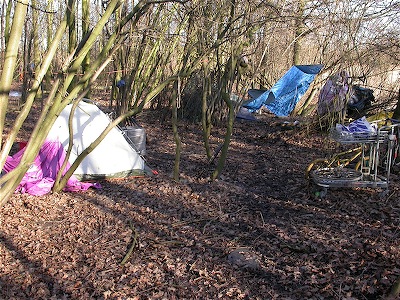
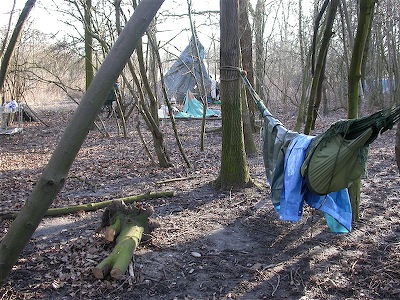
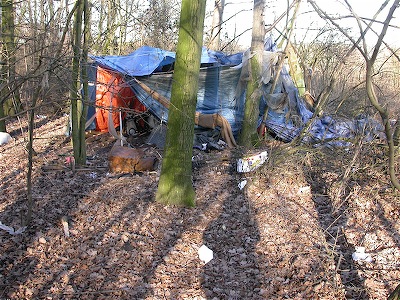
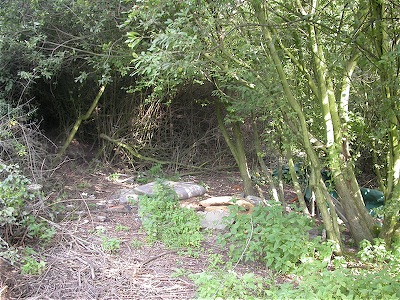
On language as a wild system:
On Climax:
The communities of creatures in forests, ponds, oceans, or grasslands seem to tend toward a condition called climax, “virgin forest” - many species, old bones, lots of rotten leaves, complex energy pathways, woodpeckers living in snags, and conies harvesting tiny piles of grass. This condition has considerable stability and holds much energy in its web - energy that in simpler systems (a field of weeds just after a bulldozer) is lost back into the sky or down the drain. All of evolution may have been as much shaped by this pull toward climax as it has been by simple competition between individuals and species. If human beings have any place in this scheme it may well have to do with their most striking characteristic - a large brain, and language. And a conciousness of a peculiarly self-concious order. Our human awareness and eager poking, probing, and studying is our beginning contribution to planet-system energy-conserving; another level of climax!
Well, to put it quite simply, I think language is, to a great extent, biological. And this is not a radical point of view. In fact, it is in many ways an angle of thought that has come back into serious consideration in the world of scientific linguistics right now. So, if it's biological, if it's part of our biological nature to be able to learn language, to master complex syntax effortlessly by the age of four, then it's part of nature, just as our digestion is part of nature, our limbs are part of nature. So, yes, in that sense it is. Now, of course, language takes an enormous amount of cultural shaping, too, at some point. But the structures of it have the quality of wild systems. Wild systems are highly complex, cannot be intellectually mastered—that is to say they're too complex to master simply in intellectual or mathematical terms—and they are self-managing and self-organizing. Language is a self-organizing phenomenon. Descriptive linguistics come after the fact, an effort to describe what has already happened. So if you define the wild as self-managing, self-organizing, and self-propagating, all natural human languages are wild systems. The imagination, we can say, for similar reasons, is wild. But I would also make the argument that there is a prelinguistic level of thought. Not always, but a lot of the time. And for some people more than other people. I think there are people who think more linguistically, and some who think more visually, or perhaps kinesthetically, in some cases.
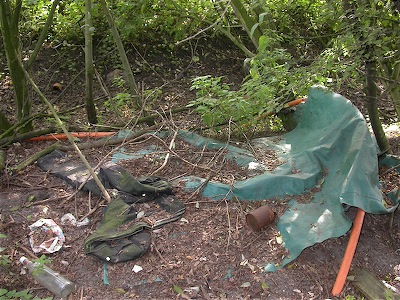
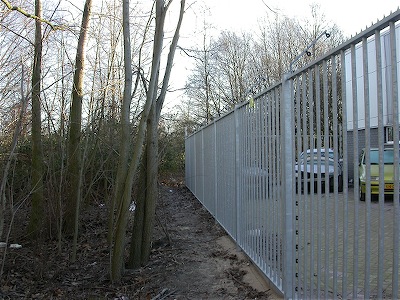
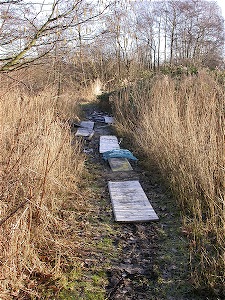
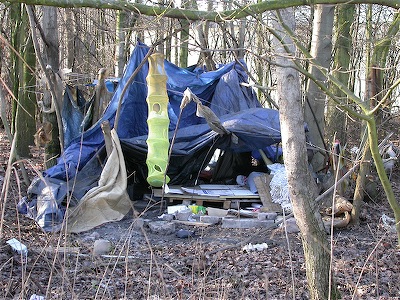
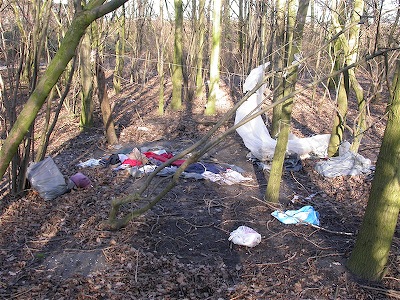
Geen opmerkingen:
Een reactie posten